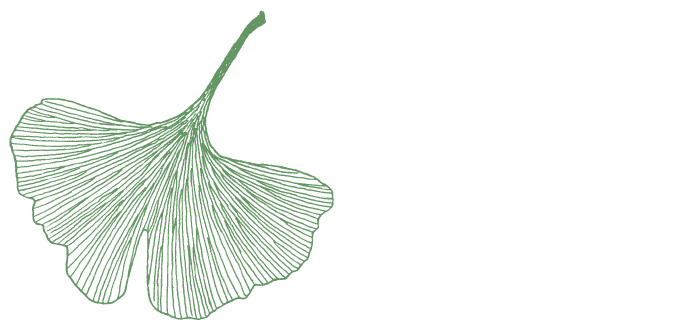The art of healing comes from nature, not from the physician. Therefore the physician must start from nature, with an open mind. — Paracelsus
East Asian medicine views a person as a microcosm of nature in which body, mind, and spirit are unified; each influencing and balancing the other. Unlike Western medicine which attempts to isolate and separate a disease from a person, East Asian medicine emphasizes a holistic approach that supports the whole person.
The basic foundation for East Asian medicine is that Qi (pronounced “chee” and often translated as “life force” or “vital substance”) animates and controls the functions of living beings. Qi flows through our bodies along channels that connect all of our major organ systems. In the classic texts of Chinese medicine, the channels along which Qi flow are likened to oceans, rivers, lakes, and streams. East Asian medical theory maintains that illness arises when the flow of Qi in the channels becomes unbalanced or blocked. This is illustrated in a very famous Chinese saying: “Bu tong ze tong, tong ze bu tong” which translates as “free flow: no pain, no free flow: pain.” Simply put, any kind of pain or illness represents an obstruction in the normal flow of Qi, and acupuncture and other East Asian medical therapies work to restore the harmonious flow of Qi in our bodies.
Acupuncture
Acupuncture is an ancient method of treatment that uses the insertion of very thin, sterilized needles into specific points on the body to encourage the body to come back into balance, promote natural healing, and improve physiological function. Each acupuncture point has the ability to influence the flow of Qi in our bodies, as well as to alter various biochemical and physiological pathways.
Acupuncture has been clinically shown to be effective in treating a wide variety of conditions such as pain, fatigue, insomnia, PMS, migraines, menopausal symptoms, anxiety, depression, respiratory disorders, and gastrointestinal disorders to name just a few. The World Health Organization (WHO) performed a landmark study in 2003 entitled, "Acupuncture: Review and Analysis of Reports on Controlled Clinical Trials," that detailed conditions for which acupuncture is clinically shown to be effective.
Jennifer practices a palpation-based style of acupuncture. This means that she uses a variety of hands-on diagnostic techniques that allow her to listen deeply to your body and gain information about how to best be of assistance. During an acupuncture session, other therapies such as moxibustion (warming), cupping (suction), or gua sha (scraping) may also be used to accomplish the treatment goals.
Herbal Medicine
Classical Chinese herbal medicine consists of over 5,000 substances derived from plant, animal, and mineral sources. The use of these substances can be traced back to 1,000 BC; and over the past 3,000 years, an incredibly rich and powerful system of medicine has developed. If an herbal formula is prescribed for you, it will be a carefully balanced mixture of several different herbs specifically chosen for your health condition and constitution. The ability to tailor each formula individually for each patient greatly reduces the risk of potential adverse reactions or side effects, and greatly increases the benefits. Jennifer uses granulated herbal concentrates that are custom mixed for each patient, and reconstituted into a tea for consumption.
Jennifer is involved in on-going advanced herbal studies and training to continue to refine her diagnostic and prescription writing abilities. Prescribing proper herbal formulas, and modifying formulas appropriately for each patient, is a complex task, and this is why Jennifer spends much time deepening her knowledge of classical herbal prescription writing.
QiGong
Qigong is a practice comprised of specific movements, breathing exercises, and meditations that help a person learn how to directly access and influence their body's own self-healing mechanism. Since 2010, I have practiced Jingui Qigong, a lineage-based tradition, because of the deeply transformative nature of the training. In 2015, I was given permission to teach, and I am honored to be able to share this powerful form of self-cultivation.
Jingui qigong is a traditional energy cultivation system that increases health and longevity, and develops higher human potential. The practice activates the enormous potential energy stored in the body, and converts it to useable energy that feeds and strengthens the internal organs and systems of the body. The extra energy that is cultivated spills over into the acupuncture channels to clear stagnations and blockages, and widen and mature the channels so that more energy can efficiently travel along their pathways allowing for better health. Specific techniques to gather and store the extra energy inside the body allow for the continual building of each individual's own energetic system.
Jingui qigong class meets on two Saturday mornings per month. Please visit www.jingui-nc.com for more detailed information about the practice, and contact me to have a discussion about whether Jingui qigong is the right practice for you.



